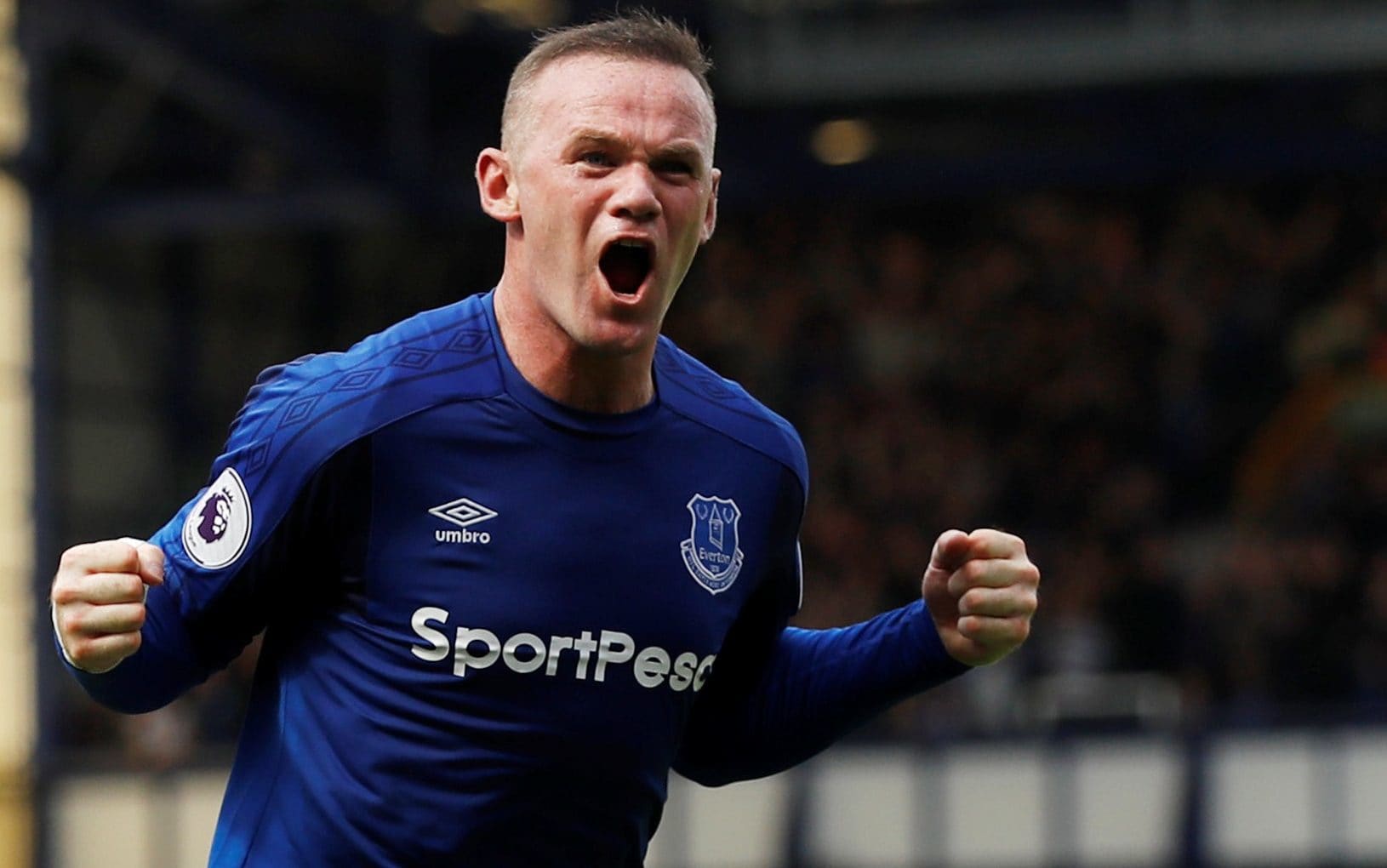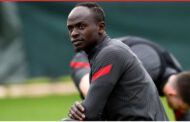hen you are planning an emotional homecoming after 13 years, it is always useful if your boss knows a perfect script when he sees one.
Bill Kenwright, Everton’s chairman, watched Wayne Rooney’s second Premier League debut end with the winning goal and must have considered the stage direction perfect. Rooney’s Everton sequel has started encouragingly enough to suggest those predicting a flop spoke prematurely.
Rooney has won five league titles, broken notable goalscoring records and lifted the Champions League since his last goal for Everton in 2004.
Yet as he slid on his knees and looked skyward having earned his side the 1-0 win over Stoke, it is hard to imagine him more expressive on a football pitch.
This was a moment to encapsulate why he came back to Goodison Park – it is always going to mean so much more when it is shared with his own fans. He will surely appreciate this more than did any of the 17 he struck as a teenager, each of those seen as a means to an end as he was perennially linked with a move away.
There was no gimmicky, pre-meditated ‘once a blue, always blue’ T-shirt unveiling on this occasion – just genuine delight at the first serious validation of his return.
Not since April 13, 2004 – a 1-1 away draw at Leeds United – has Rooney felt such joy among boyhood friends. The timing was especially appropriate as Everton were meandering looking bereft of ideas and inspiration prior to Rooney’s intervention.
There was as much to concern as satisfy as Ronald Koeman’s new look side searched for balance and dynamism in the first half, Rooney hunting deeper for possession, Everton’s midfield packed with players of similar qualities of diligence but lacking pace and creativity.
Yet for all the scepticism regarding Rooney’s current powers, he still has the capacity to change and define games.
Rooney struck with his first and only chance on 44 minutes. Dominic Calvert-Lewin crossed from the right, and Rooney was free to pick his spot with a header.
Aside from a couple of shots from distance by Idrissa Gueye, it was the first time Stoke keeper Jack Butland had been occupied.
The momentum utterly shifted from then.
Rooney dropped deeper when Koeman changed shape in the second half, and his confidence visibly grew and class told as he began to control the game.
He was helped by Calvert-Lewin moving back to striker from an uncomfortable wing-back role. With a target, Rooney was able to deliver some probing balls beyond an increasingly fragile Stoke defence.
Stoke are searching for their own formula. Mark Hughes has radically changed the system to accommodate the flair of Bojan and Xherdan Shaqiri. They are certainly prettier on the eye when exchanging passes, but Saido Berahino was a lightweight centre-forward. It was no surprise when he was replaced by the evergreen Peter Crouch midway through the second half and the visitors went direct in search of an equaliser in the latter stages.
The lack of penetration ensured Everton’s debutant keeper Jordan Pickford’s experience was vastly different to that he enjoyed at Sunderland. Adjusting to prolonged periods of unemployment will be one of Pickford’s immediate challenges.
He suggested he is up to it with a brilliant fingertip save to deny Shaqiri in injury time.
Wayne Rooney’s return to the Everton side after 13 years at Manchester United has seen him set a new Premier League record.
A product of the Toffees’ academy system, and a boyhood blue, Rooney left Goodison Park for Old Trafford in 2004.
A trophy-laden spell with United delivered countless major honours, over 550 appearances and history-making exploits as he became the club’s leading goalscorer of all-time.
Rooney holds the same record with England but is fully focused on domestic matters for now after taking the decision to return to his roots and join an ambitious project under Ronald Koeman.
Players are often warned to ‘never go back’, but Rooney’s emotional attachment to Everton has taken him home.
He will be determined to repay the faith shown in him and prove that he is no fading force after slipping down the pecking order at United under Jose Mourinho.
His last spell with the Toffees delivered 77 appearances and 17 goals, with it now time to open a new chapter after 4,837 days.
Rooney’s first outing back in familiar surroundings came against Stoke, with Everton seeking to make a positive opening to their 2017-18 Premier League campaign.
He helped them to make the best possible start on Saturday, with the 31-year-old opening the scoring on an emotional afternoon for him in first-half stoppage-time.
Rooney has now been involved in 300 Premier League goals – 199 scored himself and 101 assists.
Evening Standard/ Telegraph














